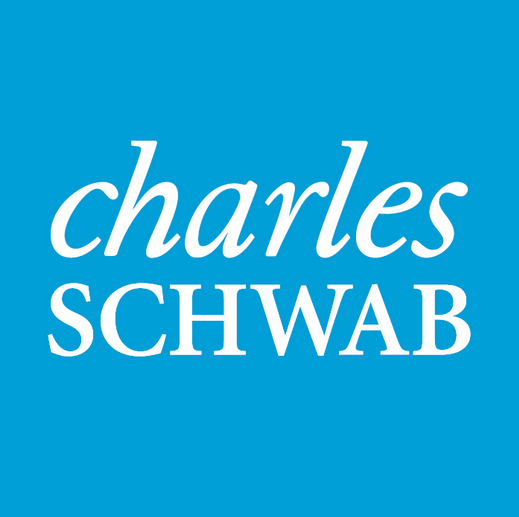German index provider Solactive is becoming a big name in the ETF industry, with its low-cost indexes proving a draw for ETF issuers all over the world.
ETF Stream wanted to learn more. So we caught up with Timo Pfeiffer,
Solactive's
head of research, to get a better idea of why Solactive indexes are gaining such traction.
ETF Stream: Why are you guys so popular? We're seeing ETFs pop up tracking your indexes virtually every week.
Timo Pfeiffer: I'm probably the wrong guy to ask. But let me try with an explanation. I guess in the investment bank, as well as the asset management community, we score with three aspects. Our size allows us to be flexible, fast if I think of quick turnaround time, and we also score high on the cost versus value perspective.
I'm obviously biased, but these are the factors we tend to hear. If I were to state a fourth point, it would be that we try to stay at the forefront of innovation and try to make it our aim to stay ahead.
Do big index providers have a future? Or are you guys going to steamroll them?
We're all part of the same industry, but we are actually different. To your point that you see indexes pop up every week with Solactive branding, if I were to ask you to name two of them you'd struggle.
We have less of a focus on branding and do not have a single flagship index. These other big shops are more associated with one of their flagships. And that's a big value. I respect and acknowledge it. You can go to any market and find a large established index provider and see a flagship index. It's costly, fine, but you also get something for it in terms of brand. It's different positioning.
Do consumers favour bigger brands for indexes? Or do they only care about price?
Who's the consumer for you?
Institutional investors.
That's already an important differentiation. They want to have quality, they have the know-how to understand what's happening in the index. Institutional investors are also the driver of the cost development within the ETFs: that's why costs are coming down. They don't care as much about brand and name, as they care about cost and quality. So as long as we deliver the quality we can score with them.
We have recently launched an equally weighted ETF with Goldman Sachs at significantly lower cost versus the established product. So now institutional investors are going to make their choice. They'll keep fees in mind, but will only switch if there is quality behind it.
Is a large part of the appeal of Big Index the other stuff they put out? Big Index doesn't just provide indexes, they also provide, research papers, conferences etc.
If you're happy to pay for this, then fair enough. Then yes, it's an asset. You're talking to the head of research at Solactive, so of course we're trying to come up with innovative concepts but it's a different approach compared to the big ones you've referred to. So, we need to be more flexible and proactive. I can't rely on going to a conference and putting out three research papers. I might like to do that but I can't. I need to develop the one idea that suits this one ETF provider, while trying to force innovation in this very specific agile framework. It's speedboat versus tanker. It's just different, with pros and cons on both sides.
You recently published a report that found German robo-advisors are more conservative than American ones. Why is this?
It comes down to investment culture. Equity culture in the US is much more advanced. The average equity holding is larger in the States compared to Europe. The two largest investment market segments that you have in Germany according to Bundesbank statistics are deposits and insurance contracts, which make up two-thirds combined. At present, they have a real yield that is negative. From this point, Robo Advisors offer a large benefit by giving exposure to capital markets in general.
Are ETF issuers the biggest threat to robo-advisors? If so can independent robo-advisors survive?
Scalable Capital here in Germany is a good example in terms of how the two can cooperate. The partnership between them and BlackRock is a very strong sign. The intention of iShares is quite clear: they want assets. For Scalable, they like iShares because of the product range, know-how and distribution reach. If you combine one of the largest robos with, from my personal perspective, quite an advanced asset allocation model, together with one of the largest asset managers, that's a very strong partnership.
If you go further down the scale and look at smaller robo-advisors, I think some of them will be bought up by traditional players like asset managers and banks, or not survive at all.
Will Vanguard and Charles Schwab eat the robo-advice industry? Their ETFs and robo-advice are free.
I don't think so. Let's stick for a second with the US, which is what you're referring to. There are still plenty of other robo-advisors around and growing. Within a growing segment there is still plenty of room for other players, rather than just a duopoly.
But your question is also specific to the US, which is at a more advanced stage in the market. If you take again my example of Germany, where almost two-thirds of investments with real yields sub-zero, this claim is ridiculous. There's plenty of room for advice and capital markets exposure.
Pretty much every bank we know has its own robo or digital project set up. That's why I talk in the conclusion of the report about hybrid models. The large banks in Europe have little to do with Vanguard and Schwab. What's the right size? Probably not 20 players, but not 2 either.




